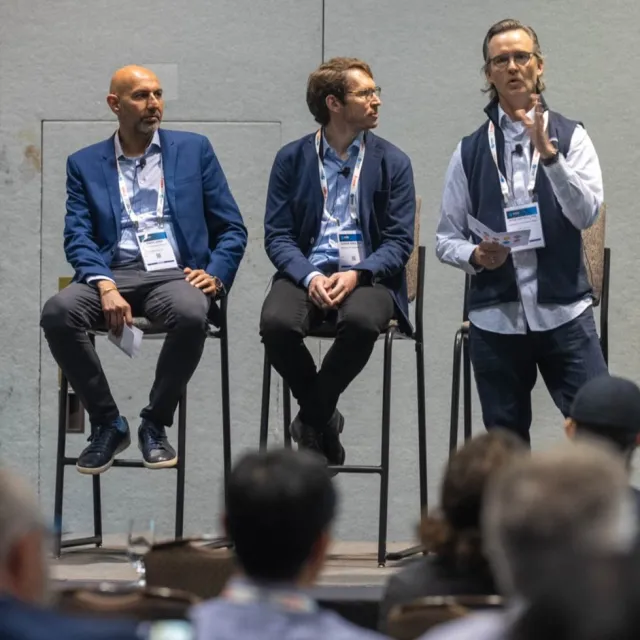Jobin Mathew has dedicated five years to Micron Technology since graduation. During his first month with the company, he participated in a structured mentoring program organized by the Micron Young Professional Employee Resource Group.
The innovative mentoring program provided an excellent introduction to mentoring and helped him get established in the company.
Reverse mentoring was a new concept to him, and he was surprised by the insightful feedback that he received by sharing his perspectives and skills.
To help address the issue of a graying EE workforce, U.S. chip companies like Micron are asking young people they hire to share their insights with company veterans—particularly as efforts to onshore capabilities scale up.
Sai Sindhuja had nearly two years of experience as a firmware engineer when she joined Micron about five years ago. She immediately benefited from the company’s structured mentoring program, which included a playbook that helped both mentors and mentees ease into the process, as well as regular meetings and touchpoints.
Mathew’s experiences at Micron to date have taught him the value of being open to learning and adopting a growth mindset, and that everyone has their career journey.
At Infineon Technologies, fostering bidirectional exchange between new hires and seasoned veterans is especially important, as the company is heavily invested in recruiting early-career talents.
Being able to take insights from people just beginning their careers is critical for how companies invest and innovate in the future, and creating an environment that supports reverse mentorship is heavily reliant on soft skills, which aren’t taught in school.
Read my full story on EE Times.
Gary Hilson is a freelance writer with a focus on B2B technology, including information technology, cybersecurity, and semiconductors.
